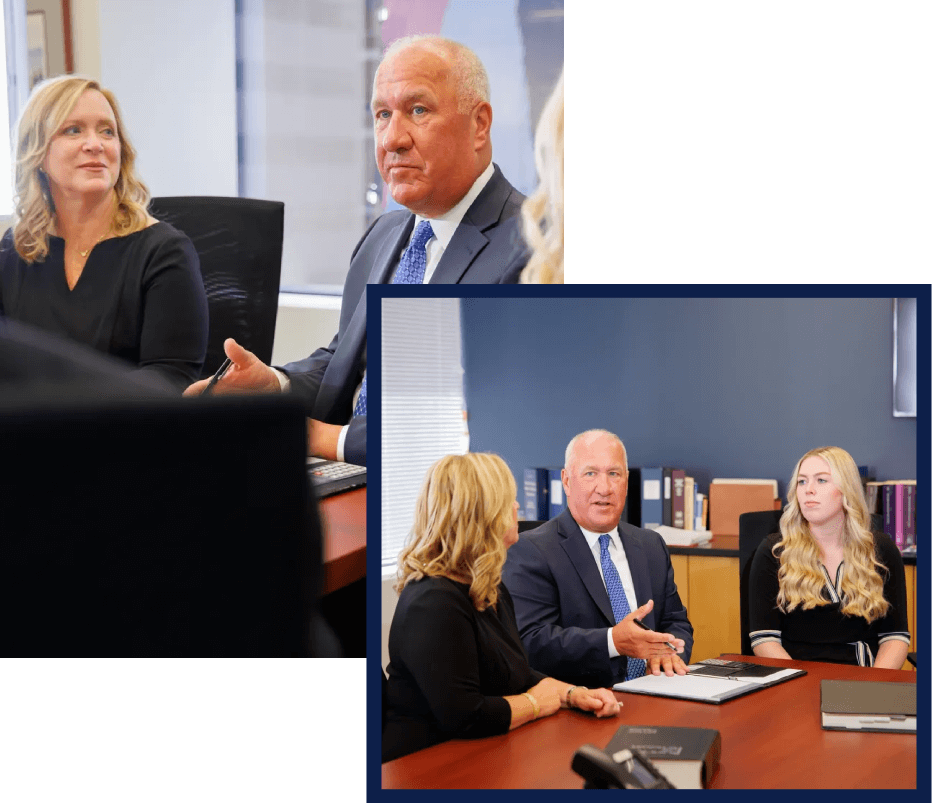Binding Arbitration
Arbitration comes to me in many forms, the most common of which is binding. That is, the parties have agreed to remove the case from the court system and submit the matter to me for a final, unappealable, binding decision. There may be a "high/low" agreement in place between the parties where the plaintiff is guaranteed a minimum recovery in exchange for a cap on the defendant's exposure. Usually, but not always, I am provided with a copy of the agreement with the understanding that I do not review it until after I make my decision. After I reach my decision, I review the agreement. If my decision falls within the parameters, I simply advise counsel accordingly. Conversely, in the event my decision falls outside the parameters of the agreement, then I simply mold the decision to confirm with the parties' agreement. Other times, I am not provided with a copy of the arbitration agreement. In those circumstances, I simply advise counsel of my decision, and they mold it as necessary to conform with the agreement.
In any event, an arbitration is simply an abbreviated trial. While most hearings take place in a conference room (or more recently, virtually through Zoom) as opposed to a courtroom, the rules of procedure and evidence are nonetheless followed. Counsel will make opening statements followed by the presentation of the plaintiff's case. The defense will cross-examine any witnesses. Plaintiff will then submit evidence, typically in the form of medical records and other documentary evidence. The defense then presents its case, calls their witnesses, who are cross-examined by counsel for the plaintiff, and then the defense submits any documentary evidence. Once the evidence is closed, counsel makes closing arguments.
I then take the matter under advisement and author a decision wherein I outline my reasoning, which includes assessing the credibility of the witnesses and evidence, thereafter, applying the law to the facts. I make it a practice to provide my decisions promptly, usually within one (1) to two (2) weeks, although occasionally it may take longer depending on various factors such as the complexity of the issues.
